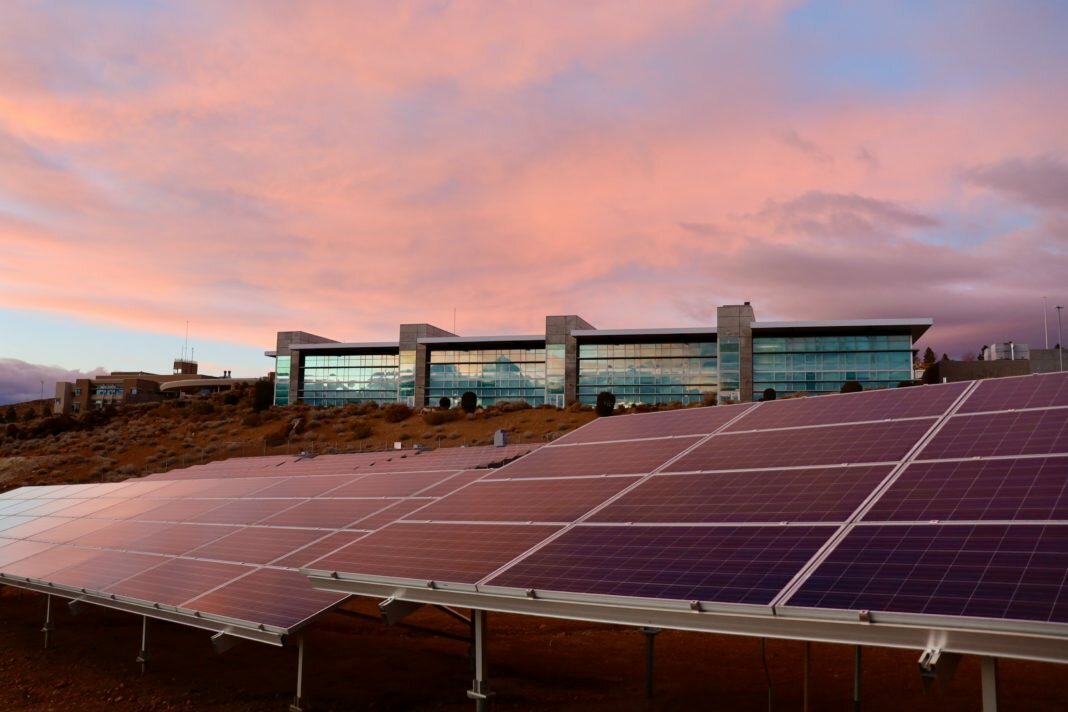Brief • 3 min Read

Recent research by The Harris Poll on behalf of Protocol finds that most Americans are concerned about the link between the technology industry and climate change. Such concern is especially pronounced among those who work in the technology industry, but it also reflects a broader trend among employed Americans who are watching how their companies approach climate change solutions.
Two-thirds of all U.S. adults (66%) are concerned about the technology industry’s impact on the environment. It’s unsurprising, then, that most agree tech companies have a high obligation to address climate change (73%) and that tech companies should set goals and invest in climate change solutions (81%).
Americans express moderately high concern for the impact of climate change on key aspects of the tech industry, including its supply chain (72%), the sourcing of manufacturing materials (70%), industry growth (64%), industry reputation (61%), and industry innovation (61%).
Concern about these aspects is even higher among those who work in the tech industry (81%, 85%, 89%, 82%, and 87%, respectively).
Among those who agree tech companies should deal with climate change, most agree that investment in the solutions needed to meet company goals should be a middle (49%) or top priority (44%) for technology companies. More specifically, at least half of this group thinks tech companies should pursue purchasing renewable energy (59%), reducing operation emissions (55%), investing in new technologies (50%), and improving supply chain sustainability (50%) as solutions.
Despite the anxiety Americans may express towards tech and climate change, 63% of all adults still trust major technology companies, like Google or Amazon, to meet the climate-related goals they have set. In fact, 69% say a technology company’s commitment to climate change influences their opinion of that company.
Looking at third-party involvement, American adults agree that the federal government should invest in larger wind turbines (72%); floating offshore wind turbines (64%); and smaller, more efficient, nuclear reactors that reuse radioactive material (62%). Most also agree that venture capital firms should continue to invest heavily in carbon dioxide removal technologies even if those technologies have yet to be proven (64%).
Tech employees express greater concern about their industry’s impact on the environment (90%), and they are more eager for their industry to take the initiative to resolve environmental concerns.
Ninety-four percent of tech workers say tech companies have a high obligation to address climate change, and 96% agree that tech companies should set goals and invest in solutions that deal with climate change. Of those in the latter group, 70% say climate change goal setting and investment should be a top priority for tech companies.
Sixty percent of tech workers think that compared to other companies in their industry, their company is doing more to address climate change – twice as high as all employed adults (30%). Seventy-two percent also agree that senior management at their company prioritizes climate change reduction efforts. However, 82% would like to see their company take more actions to address climate change.
Roughly half of those who wanted to see their companies do more supported solutions such as purchasing clean energy (54%), reducing energy use (53%), and integrating environmental justice considerations into decision making (49%).
That said, tech workers are aware of external limitations. Two-thirds (65%) agree that the COVID-19 pandemic has affected their employer’s climate change reduction efforts. Among those who agree that there are external factors limiting their company’s efforts, the most common hurdles cited are profit or shareholder considerations (66%) and leadership priorities (44%).
Tech employee concern reflects a broader trend among employed Americans who are watching how their companies pursue climate change solutions. Looking at their own companies, 77% of all employed American adults would like to see their employer take more actions to address climate change, but they too acknowledge there are limitations to such efforts.
Most employed adults think their employer is doing as much as or more than other companies in their industry to address climate change (79%).
More than half agree that senior management at their company prioritizes climate change reduction efforts (53%); however, the same share also agrees that there are external factors that limit their company’s ability to address climate change.
Almost half of all employees (47%) agree that the COVID-19 pandemic has affected their company’s climate change efforts.
Among those who specifically agree there are external limitations for their company, two in five (43%) also say that the challenge of addressing climate change is too big for their company to handle.
Even so, 69% of all employees and 88% of tech workers say a tech company’s commitment to climate change influences their opinion of that company, perhaps something for tech companies to note as they seek to employ their industry’s best and brightest.
Methodology
This survey was conducted online in the United States by The Harris Poll on behalf of Protocol during March 4-7, 2022, among 1,048 adults (aged 18 and older). This survey is not based on a probability sample and therefore no estimate of theoretical sampling error can be calculated. Figures for age, sex, race/ethnicity, education, region, and household income were weighted where necessary to bring them into line with their actual proportions in the U.S. population. Propensity score weighting was used to adjust for respondents’ propensity to be online. For more information, please contact Dami Rosanwo, Madelyn Franz, or Andrew Laningham.
Download full data tables on climate change and the technology industry here.
Subscribe for more Insights
Subscribe to our newsletter for the latest trends in business, politics, culture, and more.
Related Content









